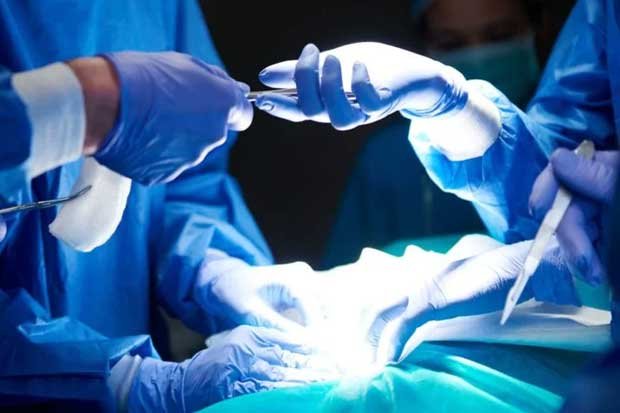
What are the risks for Thoracic Surgery? Find out from the exports
As of my last update in September 2023, thoracic surgery, like any other type of surgery, encompasses various procedures that may involve organs within the chest such as the heart, lungs, esophagus, and other structures. The specific risks associated with thoracic surgery can depend on the particular procedure, the patient’s overall health, and several other […]






